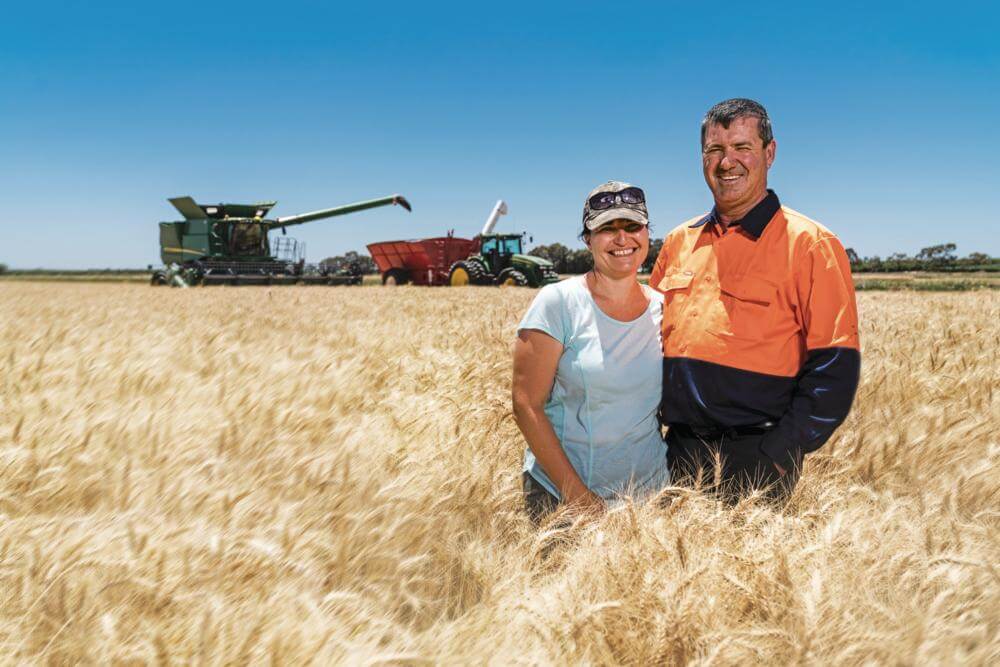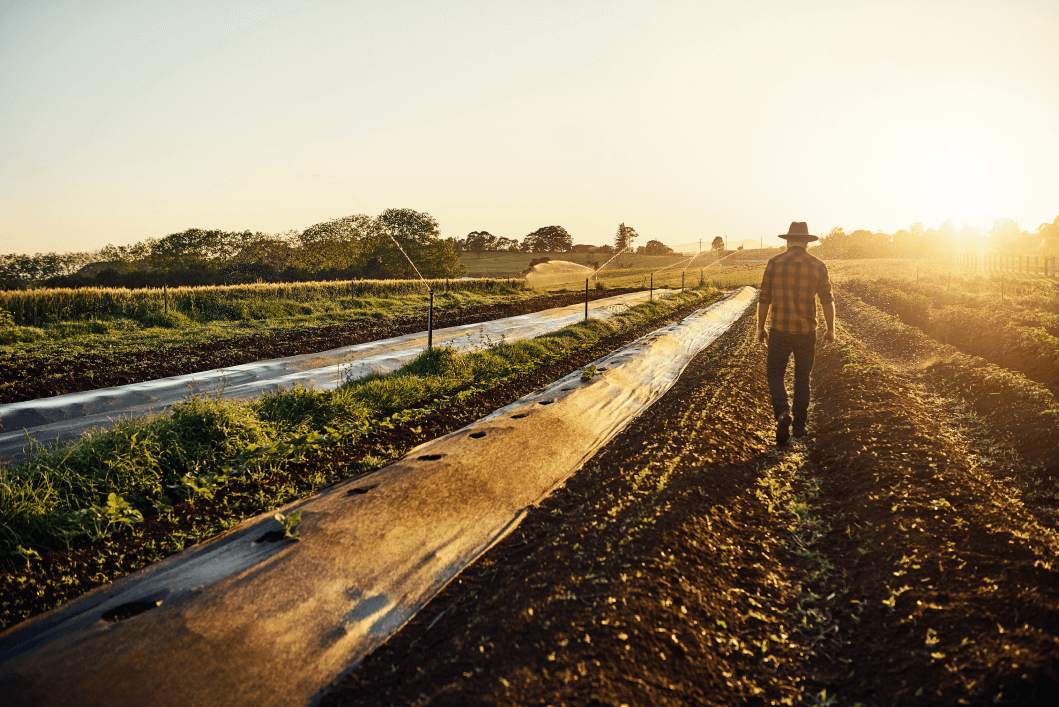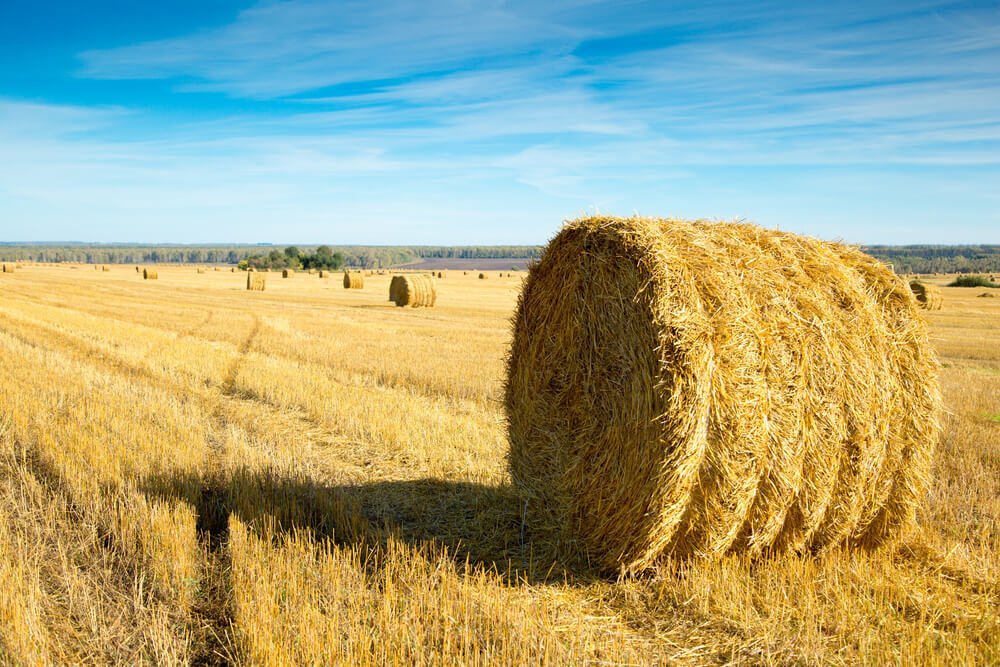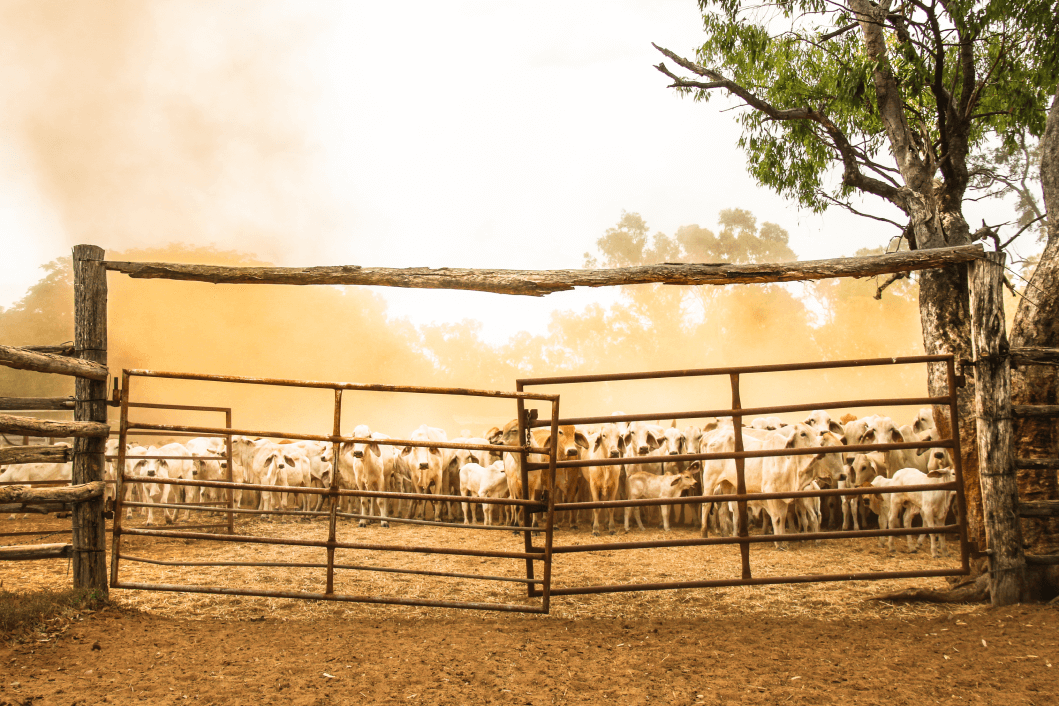What is Agribusiness? One of the popular questions asked by many looking to enter the agricultural industry.
Agribusiness can be defined as the business of agriculture. It incorporates all aspects of food production, from farming and harvesting to processing and selling.
In this guide, we will provide an in-depth look at what agribusiness is and how it works. We will also explore some of the key components of agribusiness, such as marketing and finance.
So, if you’re interested in learning more about this growing (no pun intended) industry, keep reading.
What is agribusiness?
In short, agribusiness is the sum of many parts working together to get food from farm to fork. And as the world’s population grows, there’s never been a more critical time for it.
And while some parts of the supply chain may not interact with the customer directly, they are all an integral part of the food production process.
Underrepresented verticals, such as technology, marketing, and finance, are considered equally important to the process.
For example, new financial tech can help farmers get loans to buy equipment. And GPS-guided harvesters can make it easier and cheaper to bring in a crop.
But it’s not just the significant innovations that drive agribusiness forward. Sometimes, it’s the little things too. For instance, a new type of packaging that keeps fruit and vegetables fresher for longer can impact agribusiness’ bottom lines.
In recent years, agribusiness has become a popular industry for entrepreneurs and investors. This is due to the growing global demand for food and the industry’s overall stability.
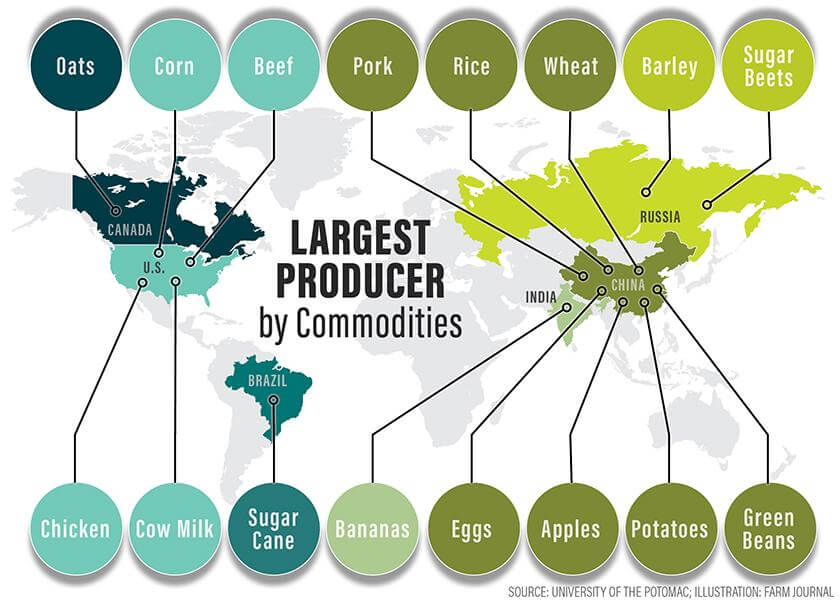
What types of agribusinesses are there?
With a sector as large as agribusiness, you can get as granular as you like when defining the scope of what it includes. But for this article, we’ll focus on five key business areas of agribusiness:
- Farming – this is the agricultural production of crops and livestock. It’s the foundation of agribusiness, and everything else in the industry ultimately supports it.
- Food processing and packaging – once crops and livestock have been harvested, they need to be processed into food products. This includes everything from slaughtering and butchering animals to canning fruits and vegetables.
- Distribution and logistics – crops and livestock must be transported from farms to food processors and then from processors to retailers. This is a complex process that involves a lot of coordination.
- Retail – food products need to be sold to consumers. This can be done directly through farmers’ markets or indirectly through grocery stores and other retailers.
- Policy – the agribusiness industry is heavily regulated by government policy. This includes things like tariffs, subsidies, and environmental regulations. Understanding policy is essential for anyone in the industry as it can significantly impact the bottom line.
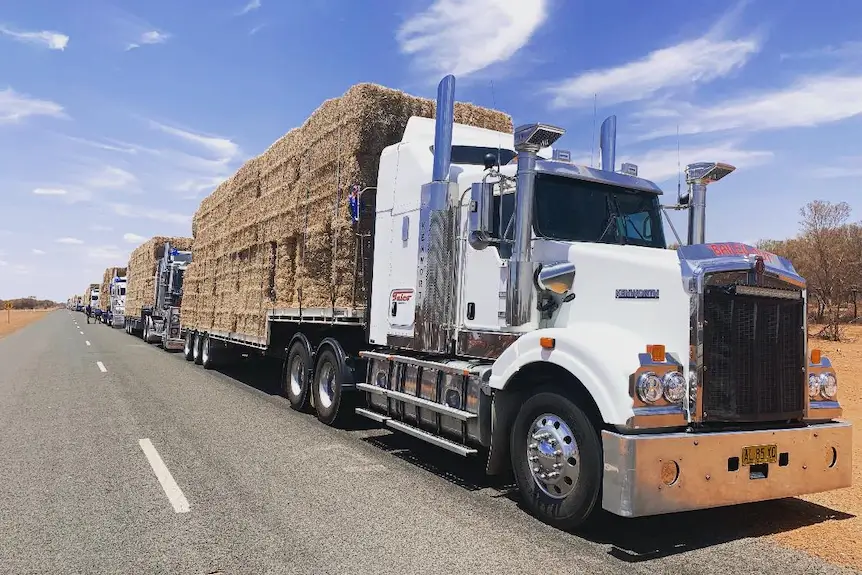
As you can see, each of the subsections above is a complicated process in and of itself. Agribusiness aims to have these different processes work together efficiently and effectively. If you think of cogs in a complex gearing mechanism, that’s agribusiness. It’s a field with a lot of moving parts.
Why is agribusiness important?
The agribusiness industry is a critical part of the economy. It provides food, fibre, and fuel for the world. The industry employs millions of people around the globe and generates billions of dollars in revenue each year.
Agribusiness is also an essential part of the supply chain for many industries. For example, the agribusiness industry provides raw materials for the food and beverage, textile, and biofuel industries.
Factors that impact agribusiness
Agricultural productivity is influenced by a number of factors, including:
- Changing consumer tastes and preferences – the demand for certain agricultural products can change rapidly, depending on changes in consumer tastes and preferences. For example, the demand for organic food has increased significantly in recent years.
- Technological advances – agricultural productivity has increased significantly due to technological advances, such as precision agriculture, which uses technology to improve yields.
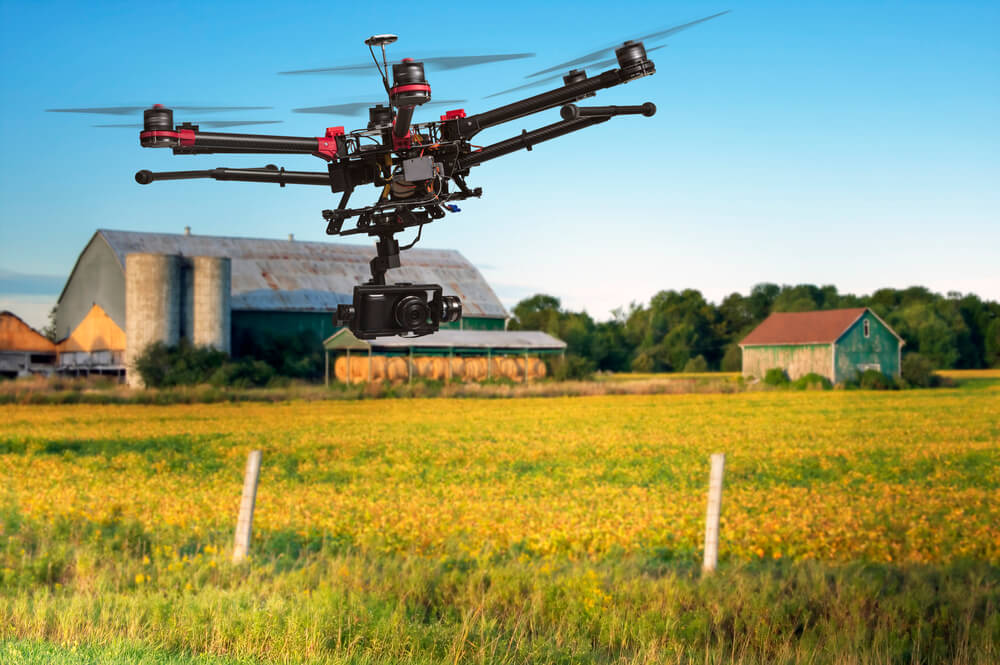
- Increasing costs of inputs – the costs of inputs, such as seed, fertiliser, and fuel, can significantly impact the profitability of agribusinesses. An excellent example of this is the current conflict in Ukraine, which has driven up the cost of both wheat and fertiliser on a global scale.
- Government policies – government policies can have a major impact on agribusinesses, both positively and negatively. For example, government subsidies can make it easier for farmers to stay in business, but trade barriers can make it more difficult for agribusinesses to export their products.
- Climate change – climate change is another factor that can impact agribusinesses, as changes in weather patterns can affect crop yields. For example, a prolonged drought can lead to lower crop yields, while too much rain can damage crops and make them more susceptible to disease.
These are just a few of the many factors that can impact agribusiness. However, the sector as a whole is remarkably resilient because of its essential role in human survival. Food security is a significant issue facing the world today, and agribusiness will play a key role in ensuring that everyone has enough to eat in the future.
A growing industry
So, what is agribusiness? This includes everything from farm management and production to the processing and marketing of agricultural products. In short, it is the business of agriculture.
Agribusiness is a vital part of the global food system. It is crucial to ensure that the world has enough to eat.
The sector comprises a complex network of businesses, including farmers, processors, retailers, and more. Each plays a vital role in getting food from farms to our plates.

